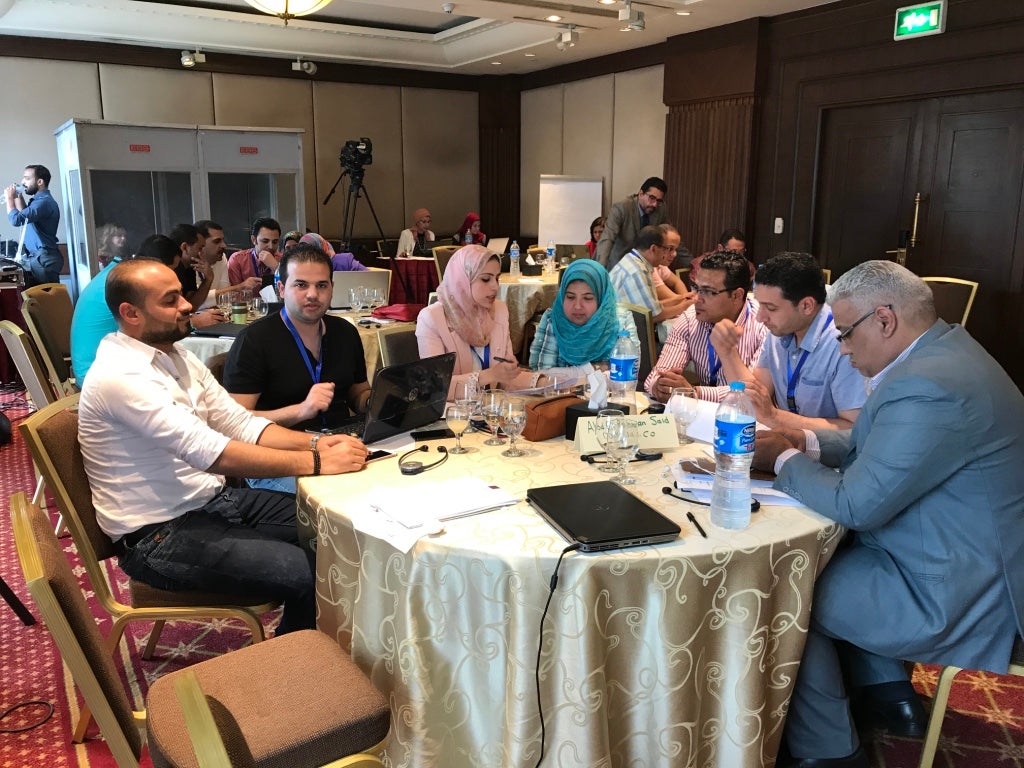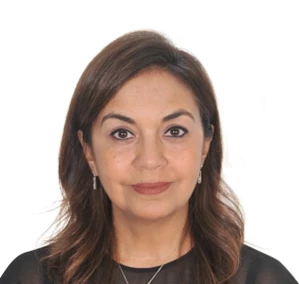
Engaging with citizens to obtain their views on the quality of service and the responsiveness of governmental bodies is uncommon in Egypt.
The water and sanitation sector is no exception. Planning and implementation of sanitation projects in Egypt is typically dominated by technical design considerations — with little to no attention given to ways in which the community might express its concerns. With an absence of accountability mechanisms to prod government agencies to make improvements, this conventional approach is associated with a weak sense of ownership by local communities and a poor record of delivery of quality infrastructure projects by the government.
World Bank programs in Egypt, however, are increasingly being designed to incorporate innovative social accountability tools that emphasize the right of citizens to expect quality public services and the responsibility of government to respond to the needs and expectations of citizens. A pioneering effort in this regard within the Bank’s Egypt portfolio is the Sustainable Rural Sanitation Services Program (SRSSP), which integrates a key social accountability tool in its design, namely the Citizen Report Card (CRC).
As part of the introduction of the CRC into the rural sanitation program, around 30 officials from the Ministry of Housing, Utilities and Urban Communities (MHUUC); the Water and Sanitation Companies (WSCs) of three governorates (Sharkeya, Dakahleya and Beheira); and other relevant stakeholders participated in a one-week workshop in May 2017 aimed at transferring the experience of using the CRC in other countries to the teams involved in the water and sanitation sector in Egypt.

Photo: World Bank
The CRC is designed to provide communities with more responsiveness and accountability from service providers, including the water and sanitation companies. This, in turn, should help improve the quality of service to citizens. The fact that the instrument is new for the Government of Egypt makes the buy-in and the ownership by both government and citizens an indispensable prerequisite for its successful application. The process has been strongly supported by senior officials of the MHUUC. They have showed openness to improving the monitoring and evaluating of the performance of the WSCs by giving citizens a say in assessing the quality of service.
For the new tool to be both credible and successful, the independence of the surveying of users is a key prerequisite. In order for users to speak up with their experiences, views, and concerns about service delivery, an independent survey team will be hired to carry out the actual CRC survey. The idea of managing public services based on the evaluations of users is a new approach in Egypt and elsewhere, but one that will hopefully lead to better service delivery and strengthened level of accountability from the government to the citizens.


Join the Conversation